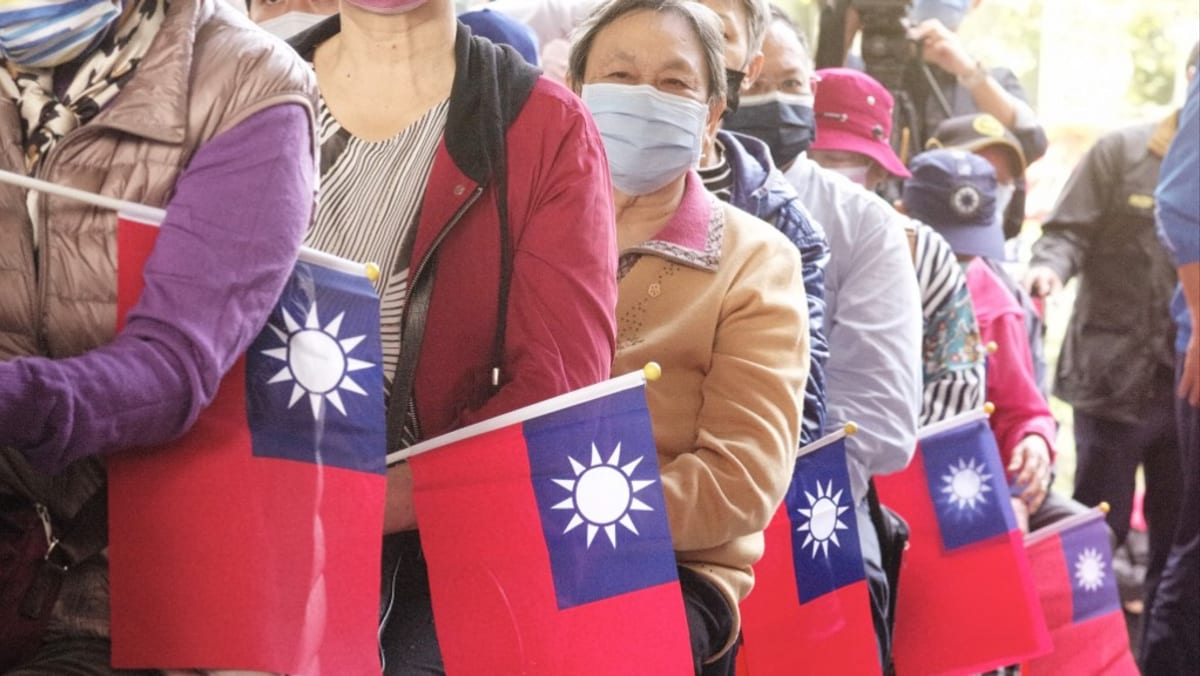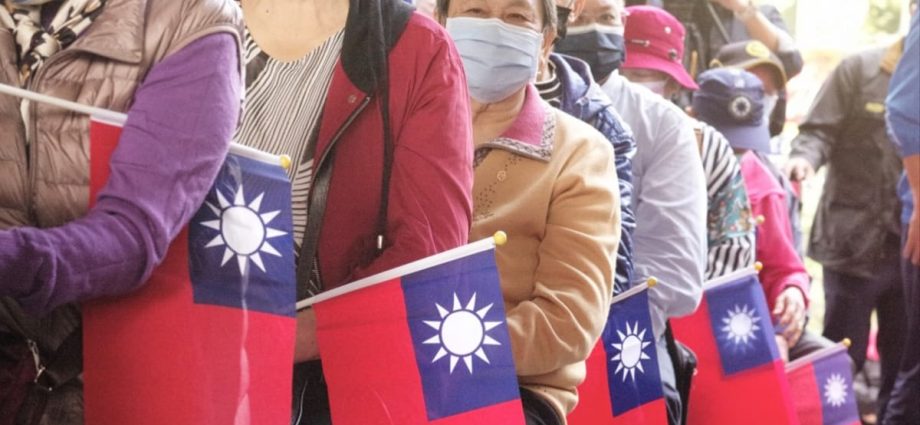
Taiwanese voters will do more than just choose their next president and legislature when they go to the polls in January 2024: They will help set the course for US-China relations for years to come.
Their choice is between a ruling party determined to maintain the self-governing island’s political independence and an opposition that sees closer ties with China as the only viable path.
This leaves Taiwan at the heart of tensions between the world’s two biggest economies. China sees its eventual control of Taiwan as a critical national security issue and doesn’t rule out the use of force to make it happen.
Anti-China sentiment, meanwhile, is a rare area of bipartisan agreement in Washington, where policymakers are pressing to accelerate billions of dollars in arms shipments to Taiwan.
WHAT IS CHINA’S CLAIM?
Colonised by European and Asian powers for centuries, Taiwan’s current status has been in dispute since the end of the Chinese Civil War in 1949, when Chiang Kai-shek — leader of the Nationalist Party that ruled China following the overthrow of the Qing dynasty in 1912 — abandoned the mainland to Mao Zedong’s Communists in the wake of World War II.
Ever since, Beijing has claimed sovereignty over Taiwan, even as the island of 23 million people established a robust democracy and thrived under de facto American protection to become a critical supplier of semiconductors and other high-tech goods.
WHY ARE TENSIONS SO HIGH NOW?
US-China ties have been strained for years over issues from technology to human rights. But Beijing increasingly sees the US as abrogating its decades-long “One China policy,” in which Washington recognised the Beijing-based People’s Republic as the “sole legal government of China” and ended formal diplomatic recognition of Taiwan — without clarifying the US position on the island’s sovereignty.
While US officials say there is no change in policy, President Joe Biden has repeatedly said the US would come to Taiwan’s defence if attacked, breaking with Washington’s longtime ambiguity on the issue. At the same time, members of Congress — both Republicans and Democrats — have rallied around Taiwan.
Then-House Speaker Nancy Pelosi’s visit to Taipei in August 2022 outraged Beijing and sparked one of the biggest Chinese military drills ever seen around the island. Shorter, but still intense, exercises took place again after Taiwan’s President Tsai Ing-wen visited the US in April 2023 and met with new Speaker Kevin McCarthy.

